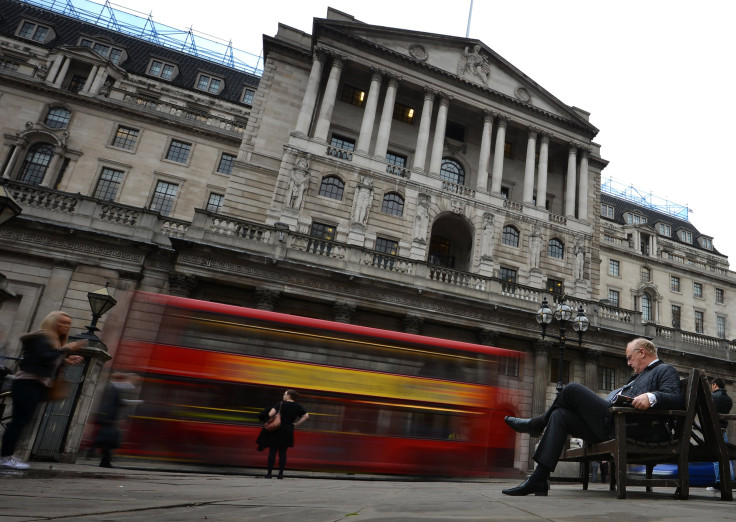UK Inflation Rises To 1-Year High, Up 0.3%

Annual inflation in the U.K. rose to a one-year high in January, according to data released Tuesday by Britain's Office of National Statistics (ONS).
Inflation, as measured by the Consumer Prices Index (CPI), fell 0.8 percent from the previous month, reflecting discounts in the post-holiday season, but rose by 0.3 percent annually, its highest rate since January 2015.
Prices for food and fuel in the U.K. fell in January, but at a slower rate than during the same month last year, which the ONS said accounted for the rise in inflation.
The U.K.'s core inflation measure, which strips out volatile energy costs, slowed to 1.2 percent — lower than analysts' expectations, which had predicted a 1.3 percent rise.
Annual inflation has been well below the Bank of England's target of 2 percent for years, and last year it was at zero. The Bank of England has said it expects inflation to stay below 1 percent this year. Continuing low inflation means that the bank is unlikely to raise interest rates in the near future.
Earlier this month, the bank cut its growth forecast for the U.K. economy, and decided to keep interest rates at the level they have been set at for the past seven years.
James Knightley, an economist at ING, told the Telegraph that inflation was likely to remain low in the coming months.
"In the near-term headline inflation is likely to remain close to zero as the effects of recent utility bill price cuts feed through, but medium term pressures could start to creep higher due to sterling’s plunge pushing up the price of imports," he said.
© Copyright IBTimes 2025. All rights reserved.






















